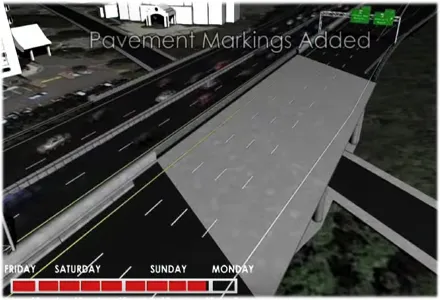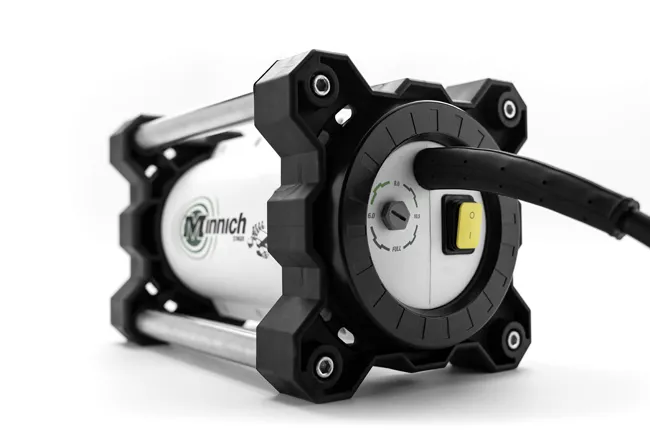Questions are being asked over the construction of a new section of the A1 autobahn in Germany.
The highway stretch is being scrutinised due to surface failures and lies close to the city of Bremen but has been open for less than three months.
May 15, 2012
Read time: 1 min
Questions are being asked over the construction of a new section of the A1 autobahn in Germany.
The highway stretch is being scrutinised due to surface failures and lies close to the city of Bremen but has been open for less than three months.
The road carries around 70,000 vehicles/day and its construction was intended to reduce congestion between the port cities of Hamburg and Bremen. Numerous potholes are reported to have appeared in the surface of the highway. Given the recent severe weather, failures of older road surfaces are expected but these problems should not occur on links that have been so recently completed.
The investigations will focus on how water penetration into joints could have already caused the freeze-thaw process to break up the running surface or whether other problems such as material segregation or incorrect mix design could have been factors. The low-noise asphalt surface is crumbling at various points along the 73km section recently opened.
The highway stretch is being scrutinised due to surface failures and lies close to the city of Bremen but has been open for less than three months.
The road carries around 70,000 vehicles/day and its construction was intended to reduce congestion between the port cities of Hamburg and Bremen. Numerous potholes are reported to have appeared in the surface of the highway. Given the recent severe weather, failures of older road surfaces are expected but these problems should not occur on links that have been so recently completed.
The investigations will focus on how water penetration into joints could have already caused the freeze-thaw process to break up the running surface or whether other problems such as material segregation or incorrect mix design could have been factors. The low-noise asphalt surface is crumbling at various points along the 73km section recently opened.









